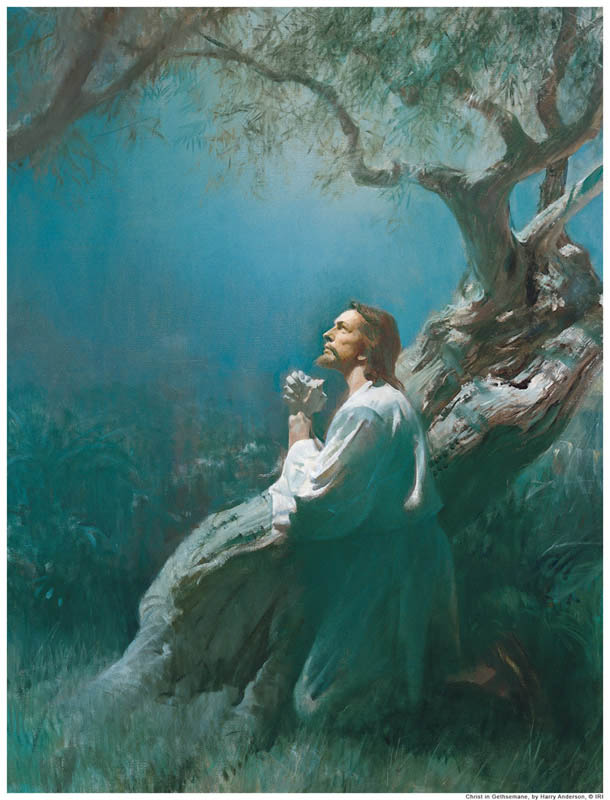Sacrifice
From MormonWiki
For members of The Church of Jesus Christ of Latter-day Saints, or erroneously called the Mormon Church, sacrifice is an essential aspect of living a godly life and following the example of the Savior, Jesus Christ. He sacrificed everything, including His own life, to bring about the salvation of every person. When Latter-day Saints discuss sacrifice, they may be referring either to the matchless, eternal Sacrifice of Jesus, his atonement, or to the smaller sacrifices made by followers of Christ.
The Guide to the Scriptures, published by the Church of Jesus Christ of Latter-day Saints, explains:
- [I]n ancient days, sacrifice meant to make something or someone holy. It has now come to mean to give up or suffer the loss of worldly things for the Lord and his kingdom. Members of the Lord’s Church should be willing to sacrifice all things for the Lord. In the eternal perspective, the blessings obtained by sacrifice are greater than anything we sacrifice.
- After Adam and Eve were cast out of the Garden of Eden, the Lord gave them the law of sacrifice. This law included offering the firstborn of their flocks and symbolized the sacrifice that the Only Begotten Son of God would make (Moses 5: 4-8). This practice continued until the death of Jesus Christ, which ended animal sacrifice as a gospel ordinance (Alma 34:13–14). In the Church today, members partake of the sacrament of bread and water in remembrance of the sacrifice of Jesus Christ. Members of Christ’s Church today are also asked to offer the sacrifice of a broken heart and a contrite spirit (3 Nephi 9:19–22). This means that they are humble, repentant, and willing to obey God’s commandments.
Members of the Church of Jesus Christ also refer to sacrifices they make by devoting time, energy and talents to the Church. Those who are not members of the Church may feel like Latter-day Saints sacrifice an impossible amount in order to follow Church teachings and standards. However, while it is difficult at times to balance work, family, and church service, while avoiding lifestyle indulgences others couldn't do without, Latter-day Saints believe that God will sustain them through His grace.
President M. Russell Ballard, now acting president of the Quorum of the Twelve Apostles said,
- The law of sacrifice provides an opportunity for us to prove to the Lord that we love Him more than any other thing. As a result, the course sometimes becomes difficult since this is the process of perfection that prepares us for the celestial kingdom to “dwell in the presence of God and his Christ forever and ever” (see Doctrine and Covenants 76:62).
- How does sacrifice help us come unto Christ? No one will ever accept the Savior without having faith in Him first. Hence, the first principle of the gospel is faith in the Lord Jesus Christ. Accordingly, the Prophet Joseph Smith explained an important relationship between the principle of faith and the principle of sacrifice: “Let us here observe, that a religion that does not require the sacrifice of all things never has power sufficient to produce the faith necessary unto life and salvation; . . . it is through the medium of the sacrifice of all earthly things that men do actually know that they are doing the things that are well pleasing in the sight of God. When a man has offered in sacrifice all that he has for the truth’s sake, not even withholding his life, and believing before God that he has been called to make this sacrifice because he seeks to do his will, he does know, most assuredly, that God does and will accept his sacrifice and offering, and that he has not, nor will not seek his face in vain. Under these circumstances, then, he can obtain the faith necessary for him to lay hold on eternal life” (Lectures on Faith [1985], 69).
- To summarize: we must know what we do is pleasing before God and understand that this knowledge comes to us through sacrifice and obedience. Those who come unto Christ in this way receive a confidence that whispers peace to their souls and that will eventually enable them to lay hold upon eternal life ("The Law of Sacrifice," Ensign, October, 1998).
